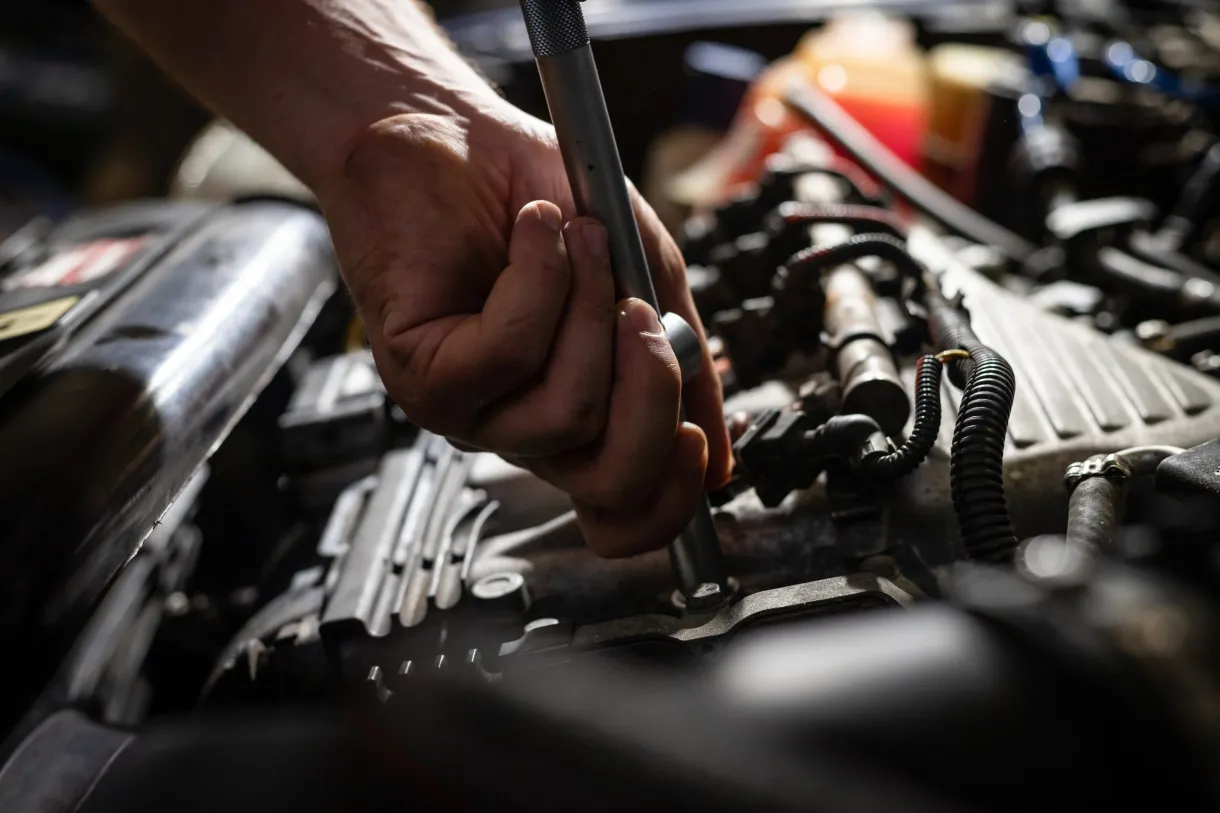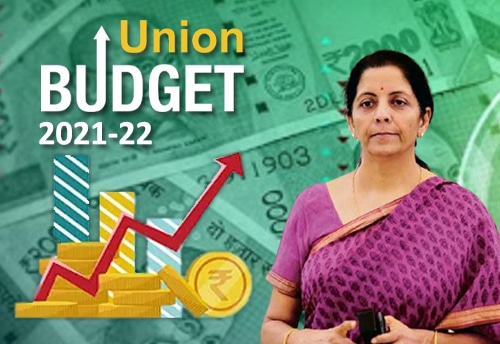
Table of Content
▼
The new budget promises economic benefits for both automakers and car buyers.rnThe Union Budget for 2021-2022 was announced yesterday, amid mixed reactions. Many things are ignored, but many important things are also included. For the most part, it brings positive news for automakers, although we were expecting something about electric cars too. However, the long-awaited scrap policy was approved yesterday. While these new proposals are supposed to be profitable for both automakers and buyers, we explain how they affect all stakeholders. These are the most important points in the Union Budget 2021 for the automobile sector in India:rnrn1. Increase customs duties on some auto parts by up to 15%.rnrnThis is a bit of a difficult topic. This will lead directly to higher prices for manufacturers that import auto parts or use the CKD route. They will have to pay more customs fees to make their cars and sell them in India, which will result in more money being paid. The government says the move has been taken to boost domestic car production, which in turn will lower prices. In response to this new development, Skoda Auto Managing Director Gurpratap Boparai said: "Raising tariffs on some auto parts to 15 percent will increase input costs and prices for cars that rely on specialized components that cannot be manufacture locally due to non-viable volumes. "rnrn2. New scrappage policyrnrn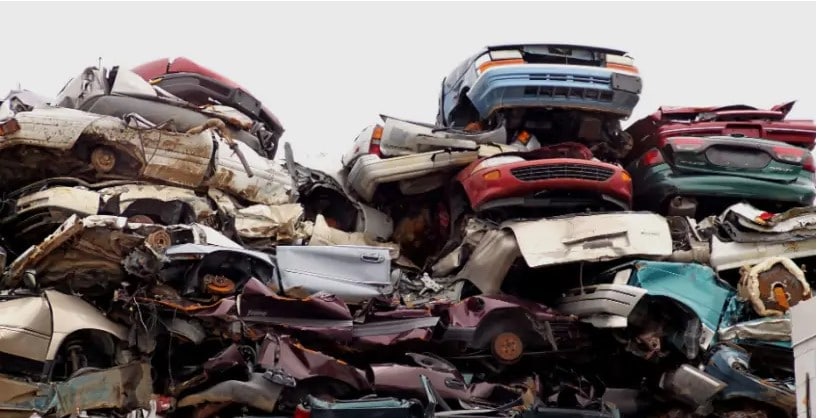 New Vehicle Scrappage Policy Union Budget 2021rnrnThe government finally gave the long-awaited nod to a New scrappage policy. According to the policy, private vehicles over 20 years old declared unfit/contaminated will be canceled. For commercial vehicles, the service life is up to 15 years. In addition to the environmental benefits, it will also benefit automakers as they will see an increase in sales.rnSpeaking about the new policy, FADA President Vinkesh Gulati explained: "If we take 1990 as the base year, there are approximately 37L of CV and 52L of CV eligible for voluntary phase-out. As an estimate, it may still be 10 percent of resumes and 5 percent of PVs are on the road. We still need to see good posts to come up with the kind of incentives that will be offered and therefore have a positive impact on retail. "rnrn3. 100% tax exemption for foreign investment in infrastructurernrnIn order to boost foreign investment in infrastructure, the government granted a 100 percent tax exemption on its income, earnings, and capital gains. This will facilitate the injection of funds and the development of infrastructure in the country. This should help the auto industry in many ways, with more charging stations and better electric vehicle infrastructure.rnrn4. Expansion of Highway Infrastructurernrn
New Vehicle Scrappage Policy Union Budget 2021rnrnThe government finally gave the long-awaited nod to a New scrappage policy. According to the policy, private vehicles over 20 years old declared unfit/contaminated will be canceled. For commercial vehicles, the service life is up to 15 years. In addition to the environmental benefits, it will also benefit automakers as they will see an increase in sales.rnSpeaking about the new policy, FADA President Vinkesh Gulati explained: "If we take 1990 as the base year, there are approximately 37L of CV and 52L of CV eligible for voluntary phase-out. As an estimate, it may still be 10 percent of resumes and 5 percent of PVs are on the road. We still need to see good posts to come up with the kind of incentives that will be offered and therefore have a positive impact on retail. "rnrn3. 100% tax exemption for foreign investment in infrastructurernrnIn order to boost foreign investment in infrastructure, the government granted a 100 percent tax exemption on its income, earnings, and capital gains. This will facilitate the injection of funds and the development of infrastructure in the country. This should help the auto industry in many ways, with more charging stations and better electric vehicle infrastructure.rnrn4. Expansion of Highway Infrastructurernrn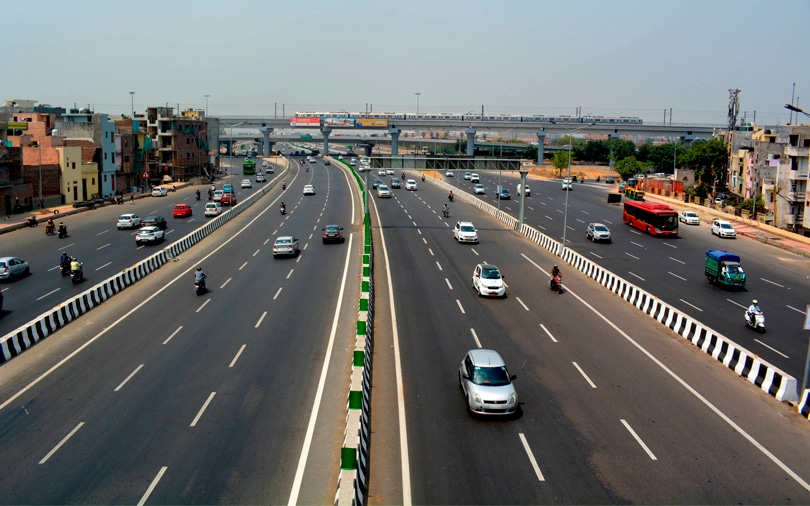 Union Budget 2021rnrnThe government has allocated 3.3 million rupees to develop more economic corridors in Tamil Nadu, Kerala, West Bengal, and Assam. In Tamil Nadu, a total of 3,500 kilometers of the national highway is under development, including the Madurai - Kollam, and Chittor - Tachor lanes. Kerala will see 1,100 kilometers of national highways, including a 600-kilometer section of Mumbai's Kanyakumari Corridor. West Bengal will see improvements to the existing roads between Calcutta and Siliguri. Finally, there are new roads under development in Assam.rnrn5. Reduction of customs duties on steelrnrn
Union Budget 2021rnrnThe government has allocated 3.3 million rupees to develop more economic corridors in Tamil Nadu, Kerala, West Bengal, and Assam. In Tamil Nadu, a total of 3,500 kilometers of the national highway is under development, including the Madurai - Kollam, and Chittor - Tachor lanes. Kerala will see 1,100 kilometers of national highways, including a 600-kilometer section of Mumbai's Kanyakumari Corridor. West Bengal will see improvements to the existing roads between Calcutta and Siliguri. Finally, there are new roads under development in Assam.rnrn5. Reduction of customs duties on steelrnrn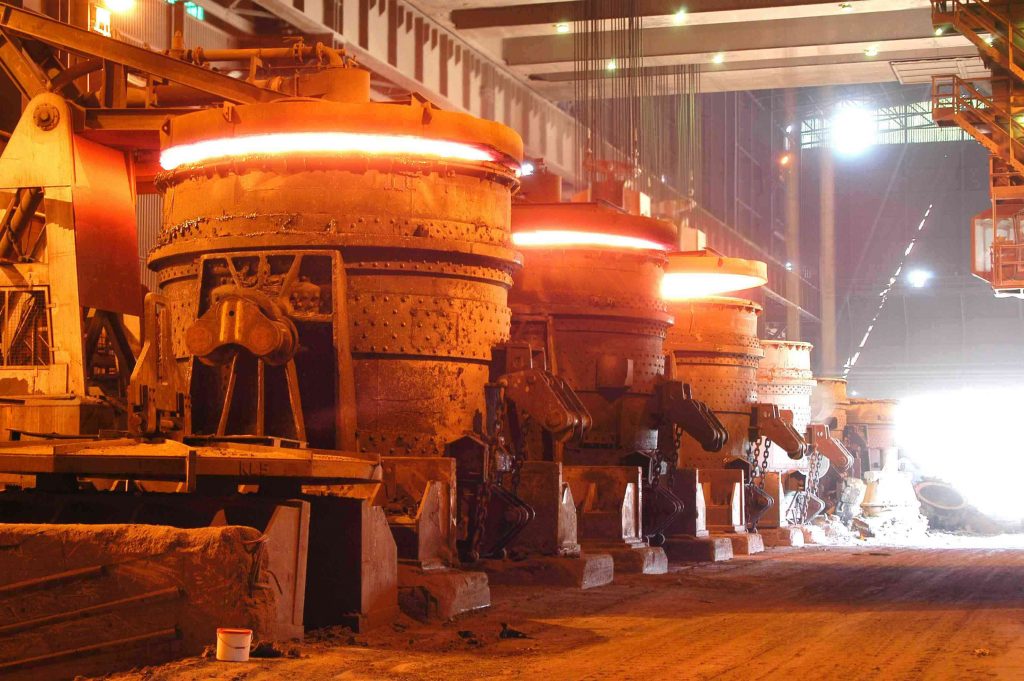 Reduction on custom duty on steel Union Budget 2021rnrnAccording to the Union budget 2021, tariffs were reduced to 7.5 percent for semi-steel, flat and long products in non-alloy steel and stainless steel, which will reduce manufacturing costs for automakers, which is expected to lead to lower prices.rnrnAlso Read: Union Budget 2021: Luxury car makers expect lower taxes, secure policy, incentives for electric vehiclesrnrnAlso Read: MG ZS EV now available at Rs 49,999 per month rental planrnrnAlso Read: Tata Tiago Limited Edition launched in India; At Rs. 5.79 lakh
Reduction on custom duty on steel Union Budget 2021rnrnAccording to the Union budget 2021, tariffs were reduced to 7.5 percent for semi-steel, flat and long products in non-alloy steel and stainless steel, which will reduce manufacturing costs for automakers, which is expected to lead to lower prices.rnrnAlso Read: Union Budget 2021: Luxury car makers expect lower taxes, secure policy, incentives for electric vehiclesrnrnAlso Read: MG ZS EV now available at Rs 49,999 per month rental planrnrnAlso Read: Tata Tiago Limited Edition launched in India; At Rs. 5.79 lakh
 New Vehicle Scrappage Policy Union Budget 2021rnrnThe government finally gave the long-awaited nod to a New scrappage policy. According to the policy, private vehicles over 20 years old declared unfit/contaminated will be canceled. For commercial vehicles, the service life is up to 15 years. In addition to the environmental benefits, it will also benefit automakers as they will see an increase in sales.rnSpeaking about the new policy, FADA President Vinkesh Gulati explained: "If we take 1990 as the base year, there are approximately 37L of CV and 52L of CV eligible for voluntary phase-out. As an estimate, it may still be 10 percent of resumes and 5 percent of PVs are on the road. We still need to see good posts to come up with the kind of incentives that will be offered and therefore have a positive impact on retail. "rnrn3. 100% tax exemption for foreign investment in infrastructurernrnIn order to boost foreign investment in infrastructure, the government granted a 100 percent tax exemption on its income, earnings, and capital gains. This will facilitate the injection of funds and the development of infrastructure in the country. This should help the auto industry in many ways, with more charging stations and better electric vehicle infrastructure.rnrn4. Expansion of Highway Infrastructurernrn
New Vehicle Scrappage Policy Union Budget 2021rnrnThe government finally gave the long-awaited nod to a New scrappage policy. According to the policy, private vehicles over 20 years old declared unfit/contaminated will be canceled. For commercial vehicles, the service life is up to 15 years. In addition to the environmental benefits, it will also benefit automakers as they will see an increase in sales.rnSpeaking about the new policy, FADA President Vinkesh Gulati explained: "If we take 1990 as the base year, there are approximately 37L of CV and 52L of CV eligible for voluntary phase-out. As an estimate, it may still be 10 percent of resumes and 5 percent of PVs are on the road. We still need to see good posts to come up with the kind of incentives that will be offered and therefore have a positive impact on retail. "rnrn3. 100% tax exemption for foreign investment in infrastructurernrnIn order to boost foreign investment in infrastructure, the government granted a 100 percent tax exemption on its income, earnings, and capital gains. This will facilitate the injection of funds and the development of infrastructure in the country. This should help the auto industry in many ways, with more charging stations and better electric vehicle infrastructure.rnrn4. Expansion of Highway Infrastructurernrn Union Budget 2021rnrnThe government has allocated 3.3 million rupees to develop more economic corridors in Tamil Nadu, Kerala, West Bengal, and Assam. In Tamil Nadu, a total of 3,500 kilometers of the national highway is under development, including the Madurai - Kollam, and Chittor - Tachor lanes. Kerala will see 1,100 kilometers of national highways, including a 600-kilometer section of Mumbai's Kanyakumari Corridor. West Bengal will see improvements to the existing roads between Calcutta and Siliguri. Finally, there are new roads under development in Assam.rnrn5. Reduction of customs duties on steelrnrn
Union Budget 2021rnrnThe government has allocated 3.3 million rupees to develop more economic corridors in Tamil Nadu, Kerala, West Bengal, and Assam. In Tamil Nadu, a total of 3,500 kilometers of the national highway is under development, including the Madurai - Kollam, and Chittor - Tachor lanes. Kerala will see 1,100 kilometers of national highways, including a 600-kilometer section of Mumbai's Kanyakumari Corridor. West Bengal will see improvements to the existing roads between Calcutta and Siliguri. Finally, there are new roads under development in Assam.rnrn5. Reduction of customs duties on steelrnrn Reduction on custom duty on steel Union Budget 2021rnrnAccording to the Union budget 2021, tariffs were reduced to 7.5 percent for semi-steel, flat and long products in non-alloy steel and stainless steel, which will reduce manufacturing costs for automakers, which is expected to lead to lower prices.rnrnAlso Read: Union Budget 2021: Luxury car makers expect lower taxes, secure policy, incentives for electric vehiclesrnrnAlso Read: MG ZS EV now available at Rs 49,999 per month rental planrnrnAlso Read: Tata Tiago Limited Edition launched in India; At Rs. 5.79 lakh
Reduction on custom duty on steel Union Budget 2021rnrnAccording to the Union budget 2021, tariffs were reduced to 7.5 percent for semi-steel, flat and long products in non-alloy steel and stainless steel, which will reduce manufacturing costs for automakers, which is expected to lead to lower prices.rnrnAlso Read: Union Budget 2021: Luxury car makers expect lower taxes, secure policy, incentives for electric vehiclesrnrnAlso Read: MG ZS EV now available at Rs 49,999 per month rental planrnrnAlso Read: Tata Tiago Limited Edition launched in India; At Rs. 5.79 lakh

_1770973085.webp)
_1770886465.webp)
_1770878474.webp)


